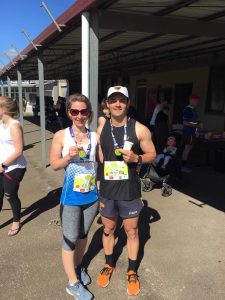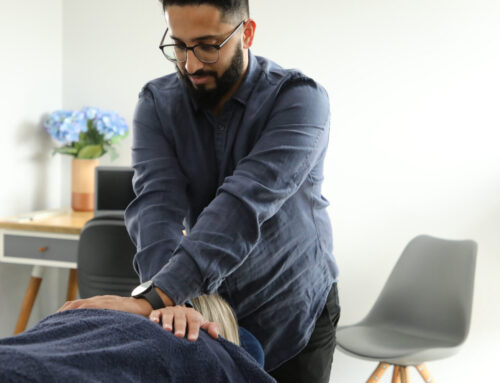The weather is warming up, we have said goodbye to the swooping magpie season and 2020 is quickly approaching which all often involve us getting outdoors and increasing exercise. For some, this may mean setting goals to take up running, or striving to improve a current running program.
We see quite a number of runners at Pakenham Osteopathy, from the marathon runner to the weekend warrior. Unfortunately for some, they commonly stumble upon our clinic to seek advice regarding foot, ankle, knee, hip and lower back complaints.
We understand injuries that cause a set back in your running can be a frustrating time. Here are some tips below which might help to prevent you walking through our doors!
For the beginners
A sudden increase in exercise can lead to musculoskeletal injuries, so it is important to gradually progress your distance and intensity. In the beginning, you may walk more than you run in one session, and this is absolutely okay. A good app for those who are new to running is Couch to 5km. This gives individuals a training schedule to slowly achieve running 5km over a 9 week plan
Incorporate strength training into your program
Some runners believe they only need to undertake cardio training to be good at running. However, strengthening workouts can improve your race time by increasing power & decrease injury risk by strengthening muscles.
 Alter terrain
Alter terrain
Training in different environments is stimulating and keeps us motivated, however it can also be beneficial when managing an injury. If you are experiencing calf of achilles pain, it may be best to avoid hill climbs as this puts more strain through the calf. Additionally, running on grass transmits less force through our joints, which can be helpful particularly in those suffering knee and shin pain.
Running shoes
It can be a really confusing process when shopping for the right type of footwear. The most important thing about a shoe is that it is comfortable, is the right size, and provides you with the support you require.
Some runners may need shoes that provide more support and prevent the foot rolling in, whereas others cope well with a neutral style. We often refer our clients to Active Feet who can recommend a suitable shoe for you. Alternatively, our local podiatrists at Walk On Podiatry are also very knowledgeable in this area.
If you are unsure when you need to replace your shoes, look for the tread wearing out, or cracks appearing on the soles.
Prepare & repair!
Always engage in a dynamic warm up prior to your run, and sufficient stretching to cool down.
Don’t forget to schedule in recovery days, as it is important for our body to rest and repair our tissues!
Stride length
A common running pattern is to strike the ground first with the heel, however this can potentially lead to issues due to increased loads transmitted through the lower extremity. Heel striking often coincides with a longer stride length. Therefore, it may be beneficial to reduce stride length & strike the ground predominantly through the mid foot for better shock absorption.
Running cadence refers to the number of steps you take per minute, and is a good way to manage your stride length. A person’s stride length does differ depending on height and weight, however many every day runners often fall between 160-170 steps per minute, and elite runners approximately 180. Start by counting how many steps you take per minute, and if you would like to alter your cadence, download the app “MetroTimer” which allows you to set a specific cadence and run to the beat.
 Find a running buddy
Find a running buddy
Having someone else to run with helps to keep you accountable, push you a little further, and is a great opportunity to socialise! There are also lots of running groups around like Parkrun and the Pakenham Road Runners.
At Pakenham Osteopathy, we are always here to help if you find yourself injured. We may help with low back pain, hip pain, knee pain, foot pain or any other aches and pains that might arise. Good luck and keep active!




